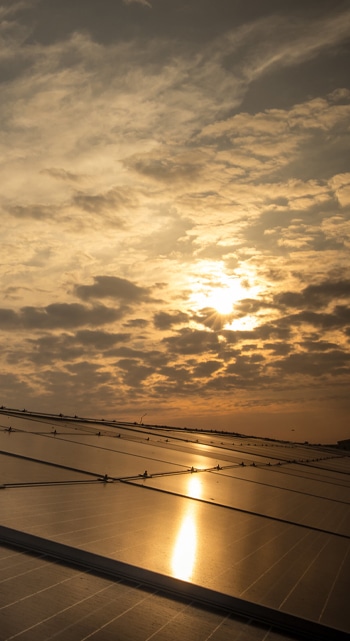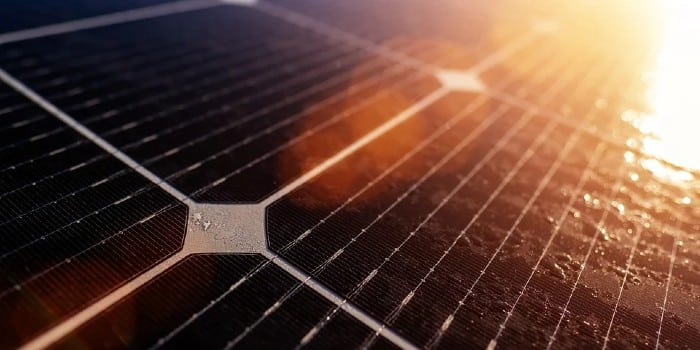The outbreak of the novel coronavirus globally has pushed us into an economic recession, nothing like we’ve seen before, globally. With India being under national lockdown for over a month, at present, and with no future hopes of the lockdown being lifted soon, with the number of cases increasing every day and no apparent treatment yet discovered, the future for solar power in India looks bleak.
The International Monetary Fund (IMF) has already declared a global recession, and even India is suffering the heat of such an economic drawback. Caught in the midst of this humanitarian crisis is a very critical sector: the solar energy sector. With climate concerns also gaining significance, we can no longer afford to ignore the carbon footprints we are leaving behind, with the use of conventional sources of energy. India has solar energy potential, and its efforts to increase commercial as well as domestic solar generation has been spectacular in the last two years, with government policies and directives that help augment and better the industry.
The country’s potential for solar power is 750GW, as stated by the National Institute of Solar Energy in India. But the Covid19 outbreak has pushed behind the solar energy sectors, and the relief packages provided by the Ministry aren’t exactly very helpful at the moment. Structural challenges have popped up which need immediate resolution, or else, the industry would fall behind.
Issues poised by Covid19
The major issues that have cropped up include:
- Lack of domestic manufacturing industry for producing equipment: Our strong reliance and dependence on global markets, for the supply of essential inputs, that are crucial in solar power development, have been interrupted by the global lockdown. This stresses the importance of increasing the manufacturing industry, in the country.
- Clearing of bills has been interrupted: As the lockdown coincides with the financial year ending, it would be very difficult to clear bills or inventory management. Relief measures and affirmative action assistance from the government should help small solar players in the industry in this crucial time.
- Stalled on-site work means delay: With the lockdown, and with all native workers almost back to their hometowns, or in the ability to not work at present, the developers would not fulfil their time obligations. What would be the circumstances, or availability of labour after the pandemic, is a topic shrouded in uncertainty and hopelessness. Also, when the pandemic gets over, and when the lockdown is lifted are crucial questions that resuming on-site work depends upon, but cannot be answered. We’re entering the monsoons, soon, which might affect numerous development projects due to the weather.
Suggested Solutions:
Now that we’ve discussed the problems, it is true that the solar industry in India, as well as globally, would suffer a setback in the coming days. But, what we can do is resolve these issues by preparing for the post-pandemic world right. Suggested resolutions can be:
- Proper structuring of relief packages should be brought into places by the Ministry of Finance, which covers the interests of small players and concerned entities. But more structured resolutions would be crucial in battling the economic effects.
- Regular monitoring of solar projects should happen, and newer solar adoption targets should be created, which should be monitored regularly, and aligned with geographical requirements and economic opportunities of states.
- The current governance of solar development policies would have to undergo a big change, in the form of availing regulations and policy advantages, land acquisition tactics, administrative factors, and worker welfare measures.
A proper plan and its thorough execution can help the solar industry back on its feet. A review of all previous adoption targets must be made, and newer more practical methods should be applied to fight the consequences of Covid19.
The Ministry of New & Renewable Energy (MNRE) has termed the pandemic as force majeure and ordered extensions to go live for scheduled commissioning dates. This relief would not only work as a relief scheme, but also it would help boost the morale of the solar sector, incredibly, it is believed. Though there’s going to be a delay in project completions, we must believe that this period would be smooth for the energy transition. As history has it, after the plague, came the most effective and poignant period of the Renaissance, where the cultural and economic boom was unprecedented. So, once the pandemic 2020 leaves us behind, we can aim to achieve greater heights!





